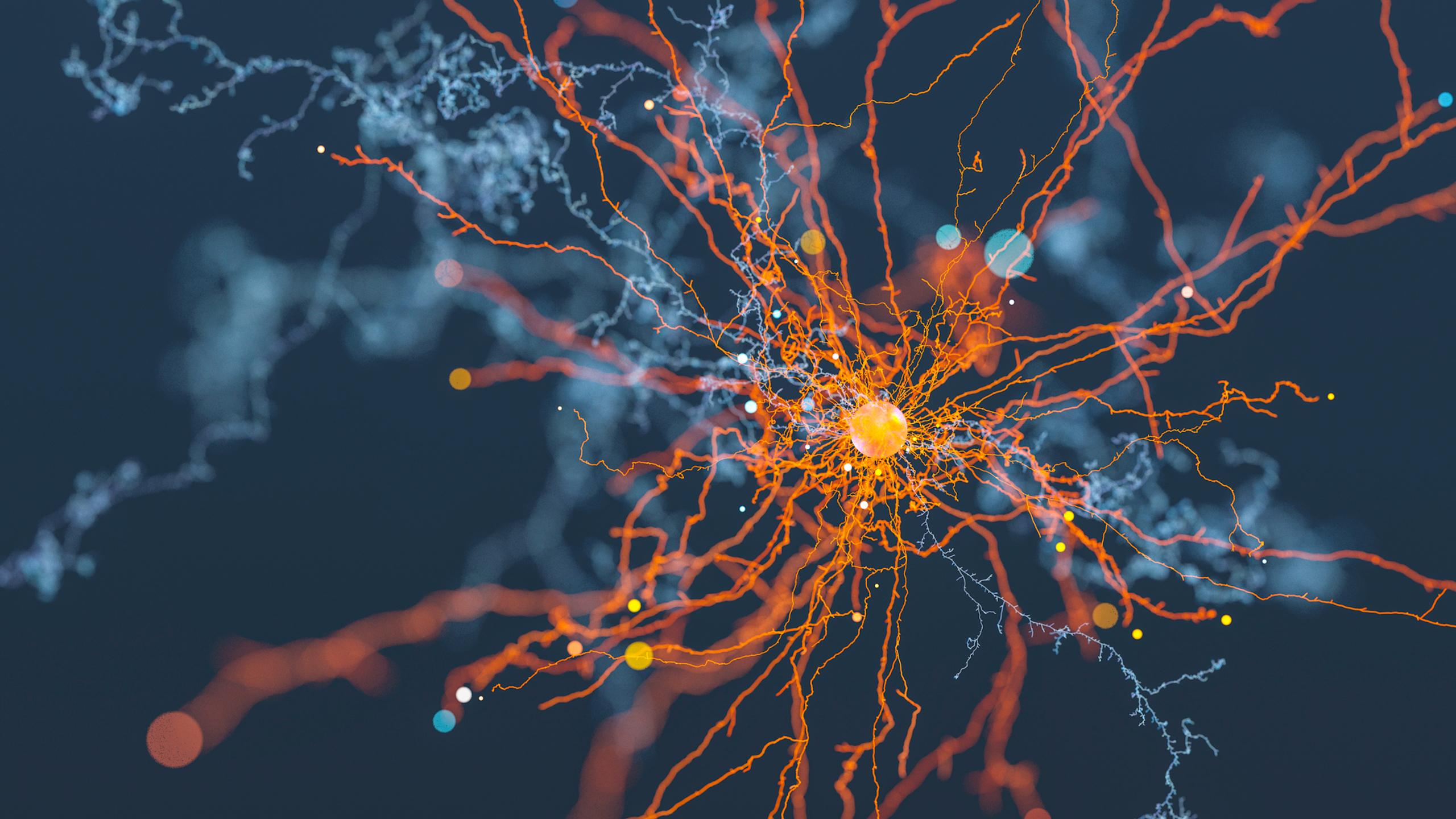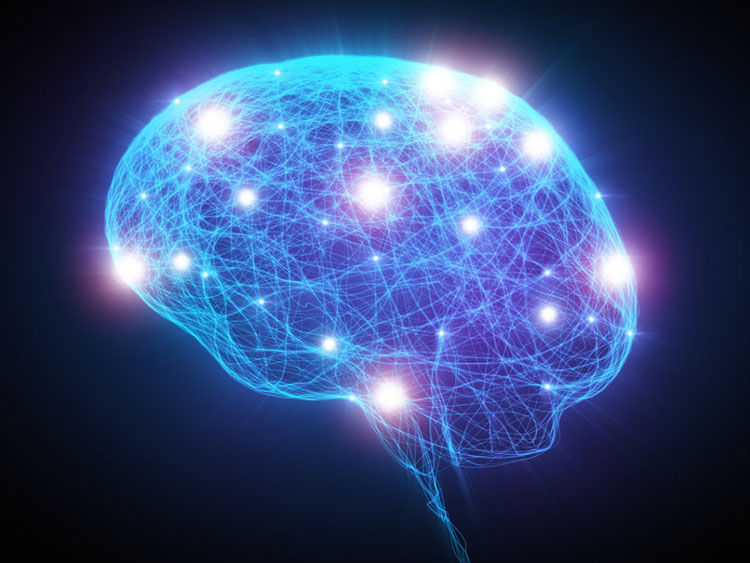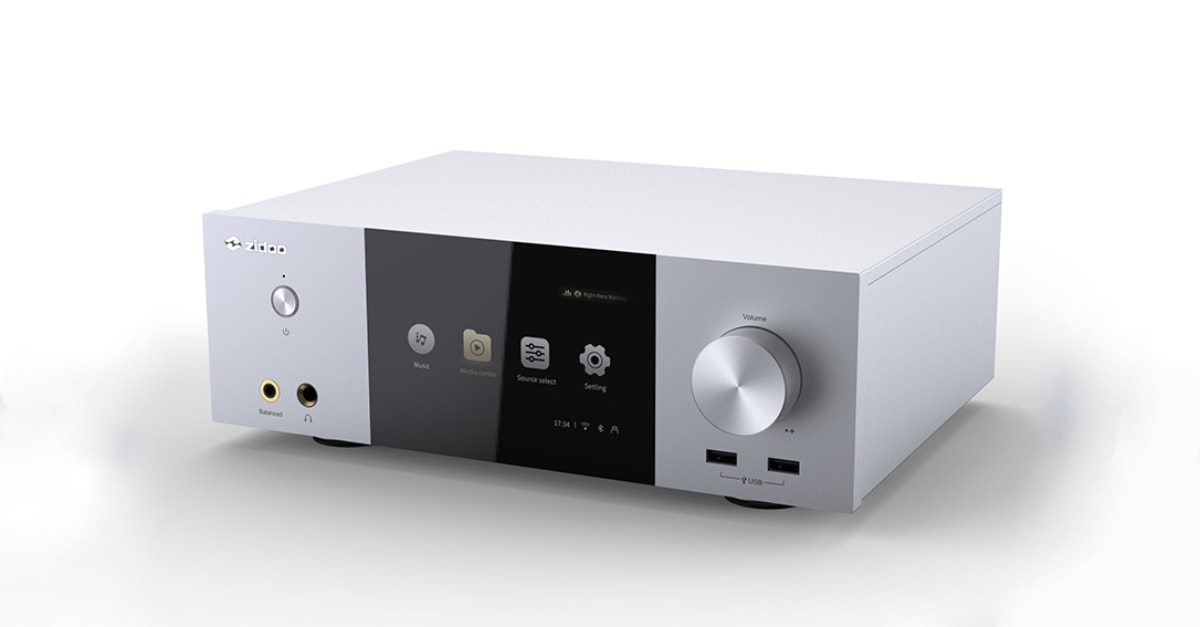

A study conducted by MIT scientists on a group of patients with epilepsy found that a certain group of neurons in their brain only respond to singing, not to instrumental music or any other type of sound. And it is immediately important to note that the results of this very study were published just yesterday in the scientific journal Current Biology. However, it is important to understand that scientists are still actively working to determine the consequences that this study may have for patients with epilepsy, some of whom rely specifically on music as a form of therapy for reducing the frequency and severity of seizures.
“The work provides evidence for a fine division of function in the auditory cortex in a way that is consistent with the intuitive difference in music,” said Sam Norman-Enier, lead author of the study and assistant professor of neuroscience at the University of Rochester Medical Center Institute of Neurobiology. And considering how small and specific the sample size of the study is, namely fifteen people, we, unfortunately, cannot yet draw many conclusions from this study alone.
But be that as it may, this will most likely be able to advance further research on the connection between neuroscience, epilepsy and music in the foreseeable future. In any case, it should be mentioned that the participants in the study were a group of the fifteen patients with epilepsy mentioned above, all of whom voluntarily agreed to implant electrodes in the skull. They were then asked to listen to hundreds of different sounds, both natural and synthesized. Using functional magnetic resonance imaging, the scientists observed exactly how the neurons in the participants’ auditory cortex responded to each sound. By the way, back in 2015, the same researchers used fMRI images to determine what exactly, in their opinion, is a group of neurons that just react only to music.
In the latest study, neurons elicited only mild responses when they heard the sounds of human voices, but were activated by the sounds of instrumental or vocal music. Also in the new study, the researchers found that next to the original group is a special subset of neurons that specifically lights up when the brain hears human singing.





